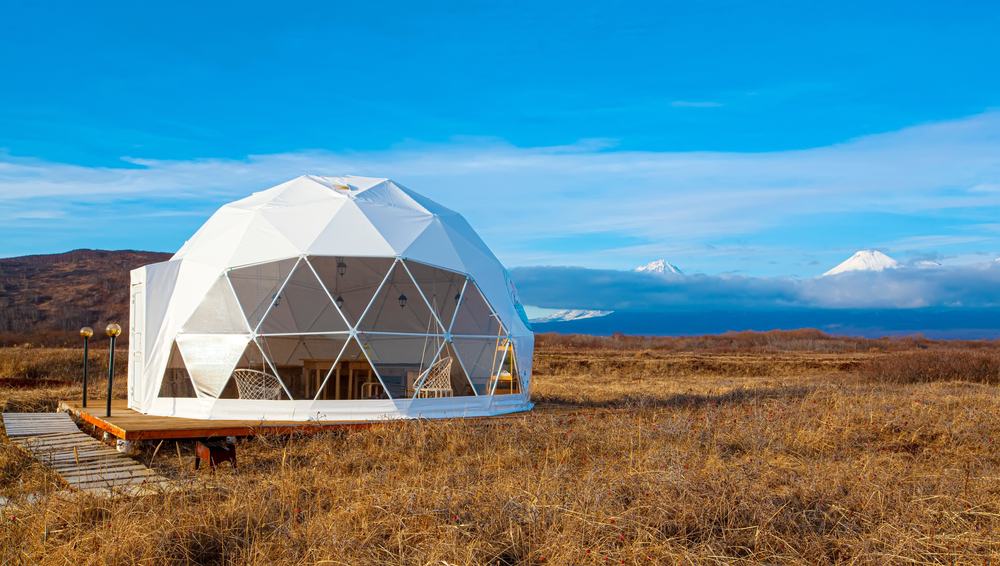KAVA Eco Camp and Caravan Park has opened in Malampuzha, Kerala, marking a new addition to the state’s tourism infrastructure with a focus on eco-friendly practices and experiential travel.
The project, inaugurated by Kerala Tourism Minister Mohammed Riyas, aims to position the region as a sought-after wedding destination while also exploring opportunities for seaplane operations in Malampuzha.
Designed to accommodate a range of travel preferences, the facility includes dedicated spaces for six large caravans, six camper vans, and electric vehicle charging stations.
Additional amenities include a 24-hour coffee shop, ten guest rooms, a restaurant, and a swimming pool, according to a report by The Business Line.
A dormitory for drivers, laundry services, and a sewage treatment plant designed to process waste from caravan toilets further enhance the park’s infrastructure.
Beyond accommodation, the park offers activities designed to encourage engagement with the local environment and community.
Visitors can participate in cycle and jeep safaris to explore Malampuzha’s landscape, while opportunities for local interactions, including shared meals and visits to nearby cottage industries, provide an immersive cultural experience.
Sajeev Kurup, managing director of Ayurvedamana and owner of the KAVA Eco Camp and Caravan Park, emphasized the initiative’s potential to support Kerala’s tourism sector and benefit the surrounding community.
“The project is expected to revitalize the state’s tourism sector and create opportunities for the local community,” he said.
For outdoor hospitality operators, the park serves as a case study in sustainable tourism development.
The integration of eco-conscious amenities, such as sewage treatment facilities and electric charging stations, reflects a growing demand for environmentally responsible travel.
Additionally, its focus on community-based tourism aligns with broader industry trends that prioritize local engagement and authentic experiences.
As Kerala continues to position itself as a premier travel destination, investments in infrastructure like the KAVA Eco Camp and Caravan Park could signal new opportunities for business owners in the outdoor hospitality sector.
The blending of caravan tourism, eco-conscious development, and experiential travel suggests a potential model for future projects looking to capitalize on evolving consumer preferences.








